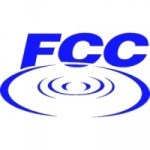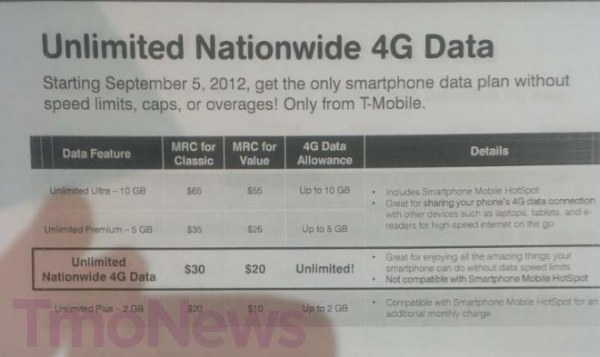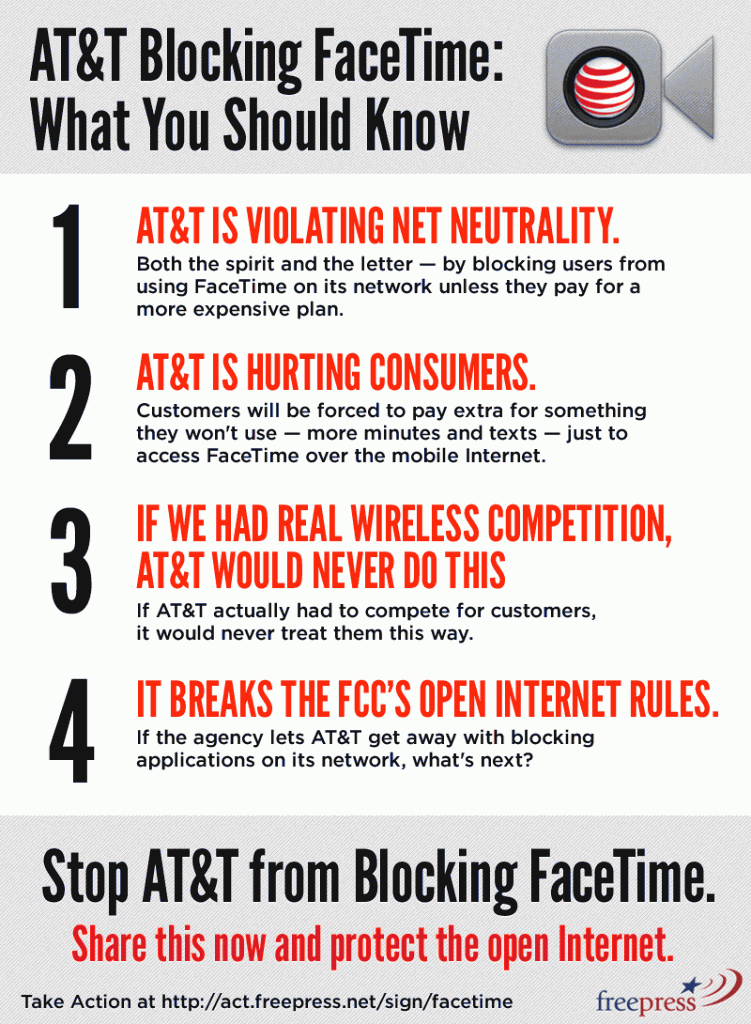 AT&T is being fingered as the party responsible for rendering Oakland’s $18 million dollar P25 digital public safety radio communications system unreliable, because police and fire radios are often inoperable near the company’s cell towers.
AT&T is being fingered as the party responsible for rendering Oakland’s $18 million dollar P25 digital public safety radio communications system unreliable, because police and fire radios are often inoperable near the company’s cell towers.
After more than a year of repeated failures and complaints from Oakland police over garbled communications, dead spots, and reception problems, investigators dispatched from the Federal Communications Commission finally identified the source of most of the problems: AT&T.
“If the officer is in an area close to one of their cell sites, essentially the cell site overpowers their radios,” said David Cruise, Oakland’s public safety systems adviser.
The system, built by Harris Corporation of Melbourne, Fla. is suspected of being intolerant of strong cell signals operating on nearby frequencies. The digital nature of the system means degraded communications often go unheard, and firefighters and police officers have complained loudly and repeatedly they have been unable to summon dispatchers while experiencing interference problems. The investigation found the problems are worst within a quarter to a half-mile from one of AT&T’s many cell sites.
The source of the interference is AT&T’s 2G network, operated on 850MHz. Oakland’s public safety P25 system operates on multiple frequencies nearby from 851-854MHz.
Under federal law, public safety communications have priority over cell phone service, and AT&T has cooperated by shutting down 2G service on 850MHz on at least 16 cell towers, immediately reducing complaints from police officers and firefighters.
 “AT&T would never do anything to jeopardize law enforcement,” AT&T spokesman John Britton told the San Francisco Chronicle. “This spectrum has been out there since the 1990s. Thursday or Friday was the first time we were notified by Oakland. We reacted quickly.”
“AT&T would never do anything to jeopardize law enforcement,” AT&T spokesman John Britton told the San Francisco Chronicle. “This spectrum has been out there since the 1990s. Thursday or Friday was the first time we were notified by Oakland. We reacted quickly.”
AT&T won’t say exactly how many cell sites are located in Oakland, but there are more than 1,000 AT&T-owned towers across the greater San Francisco Bay Area. Oakland officials plan to press AT&T to shut down more 2G data service on 850MHz until a solution can be found.
AT&T says only customers with the oldest phones are likely to notice the network shutdowns, because most current customers use 3G or 4G data service, which has not posed an interference problem. AT&T says it still maintains 2G service in San Francisco on 1900MHz, which should be accessible to customers with older phones, although the service may not operate as well on the higher frequency band when obstructions are present between a cell phone user and the nearest cell tower.
Representatives for law enforcement personnel hope the city is on the right track, but point out the Harris-built digital radio system has been nothing but trouble since it was first activated. The system has suffered repeated glitches, does not work inside hundreds of area buildings, and failed the night President Obama visited Oakland in July. Some critics note the Harris system does not even provide reception in the basement of Oakland’s police headquarters.
City officials are also investigating other contributing potential sources of interference, including T-Mobile, which also operates on similar frequencies in the area.
Ironically, the interference problem may have begun after Sprint Nextel committed to spending over a billion dollars to cover the costs of relocating public safety communications further away from its own cellular frequencies. Sprint Nextel paid $10.5 million to move Oakland’s radio system to a frequency further from its own network, but as it turns out, closer to AT&T’s.
[flv width=”640″ height=”380″]http://www.phillipdampier.com/video/KCBS San Francisco Oakland Police Radios Failed During Presidents Visit 7-26-12.mp4[/flv]
KCBS in San Francisco has been pursuing the dilemma of Oakland’s public safety communications system for months. Back in July, police were alarmed when the radio system failed the night President Obama arrived in town. (3 minutes)
[flv width=”640″ height=”380″]http://www.phillipdampier.com/video/KCBS San Francisco Closer Look Oakland Police Fed Up With Flawed Radio System 8-14-12.mp4[/flv]
Oakland police are fed up with the year-old $18 million dollar emergency radio system that they say simply does not work. KCBS investigates in this mid-August report. (4 minutes)
[flv width=”640″ height=”380″]http://www.phillipdampier.com/video/KCBS San Francisco ATT Cellphone Towers Blamed For Oakland Police Radio Failures 8-21-12.mp4[/flv]
Investigators from the Federal Communications Commission finally identified a major source of Oakland’s radio problems: AT&T cell sites. (2 minutes)
 Insiders at the Federal Communications Commission have leaked word all five commissioners have cast their votes in favor of a controversial partnership deal between Verizon Wireless and the nation’s largest cable operators to cross-market products and services to customers.
Insiders at the Federal Communications Commission have leaked word all five commissioners have cast their votes in favor of a controversial partnership deal between Verizon Wireless and the nation’s largest cable operators to cross-market products and services to customers.

 Subscribe
Subscribe







